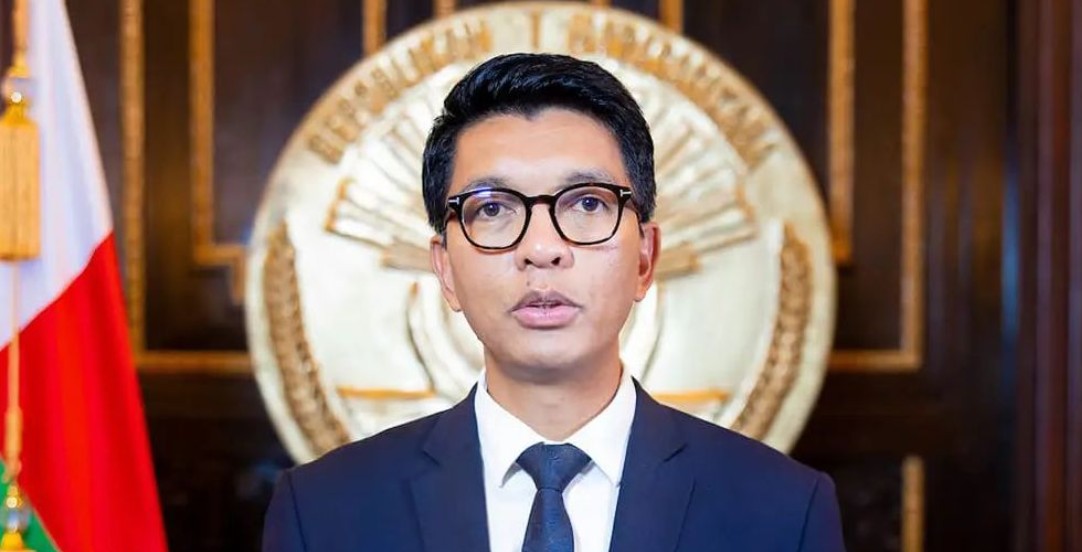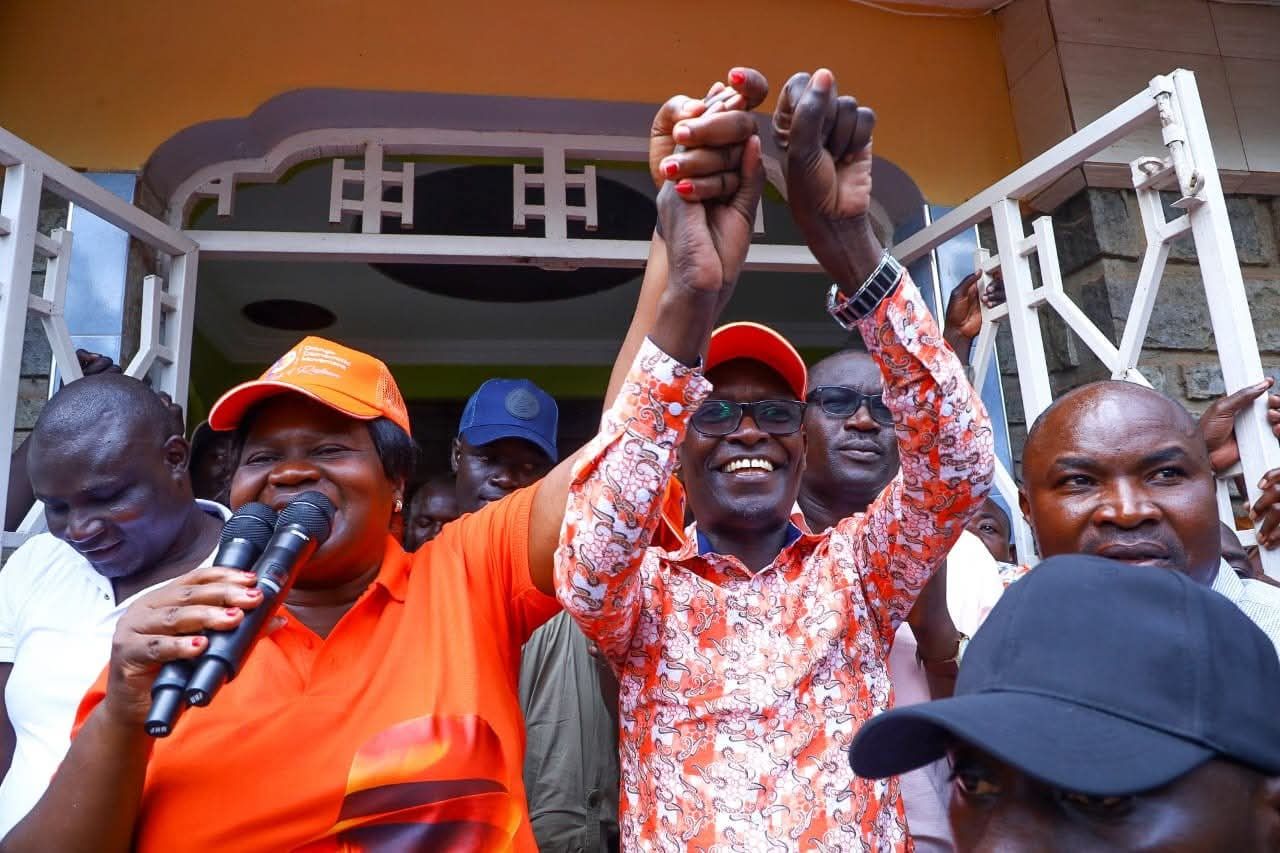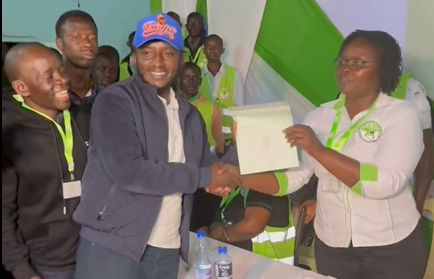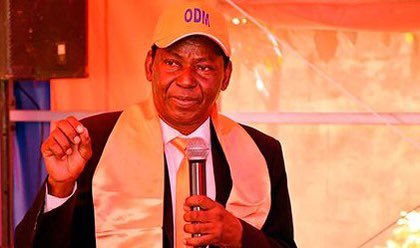Madagascar military takes control after President Andry Rajoelina flees

A military statement confirmed the suspension of the Senate, the High Constitutional Court, the Independent National Electoral Commission, the High Court of Justice, and the High Council for the Defence of Human Rights and the Rule of Law.
Madagascar’s military declared it had taken control of the country on Tuesday after President Andry Rajoelina was impeached by MPs following weeks of protests led by young people.
The president’s exact location is unclear, with Rajoelina saying he has moved to a “safe place” after threats to his life, while some reports suggest he may have left the country aboard a French military plane.
More To Read
- Madagascar steps down as SADC chair to focus on national recovery and reforms
- Madagascar revokes former President Andry Rajoelina’s citizenship
- Madagascar seeks Interpol red notice for ex-President Andry Rajoelina's ally linked to Boeing deal with Iran
- Madagascar’s Gen Z condemn military ruler’s appointment of new prime minister
- Madagascar coup leader Michael Randrianirina sworn in as president after Rajoelina’s ouster
- Madagascar’s military power grab shows Africa’s coup problem isn’t restricted to the Sahel region
Colonel Michael Randrianirina, head of the elite CAPSAT army unit, told the nation, “We have taken the power.”
He announced that the military would dissolve all major institutions except the National Assembly and form a transitional government to oversee elections within two years.
A military statement confirmed the suspension of the Senate, the High Constitutional Court, the Independent National Electoral Commission, the High Court of Justice, and the High Council for the Defence of Human Rights and the Rule of Law.
Randrianirina said the transitional period would involve Gen Z protesters in shaping governance, emphasising, “The movement was created in the streets, so we have to respect their demands.”
CAPSAT, which had supported Rajoelina in his 2009 rise to power, broke ranks with him over the weekend, refusing to fire on demonstrators and taking control of the military.
The crisis escalated after MPs impeached Rajoelina on charges of acting against presidential duties, even after he attempted to dissolve the lower house.
The president condemned the takeover as illegal and called it an attempted coup, continuing a pattern of political turmoil that has marked his time in office.
Protests began on September 25, sparked by chronic electricity and water shortages, and quickly expanded to wider grievances, including corruption, unemployment, and the cost-of-living crisis.
Thousands of demonstrators gathered at Antananarivo’s 13 May Square, waving Malagasy flags and Gen Z banners inspired by the anime “One Piece,” chanting against Rajoelina’s dual citizenship and perceived ties to France.
“We’re so happy Andry Rajoelina is finally gone ... We will start again,” said high-school student Fih Nomensanahary, while 68-year-old IT consultant Rezafy Lova urged a swift transfer to civilian rule, saying, “They need to hand over to a civilian administration quickly and have an election.”
The paramilitary gendarmerie and police also abandoned loyalty to Rajoelina, consolidating the military’s authority.
Troops and protesters celebrated together in the streets of Antananarivo as news of the takeover spread.
The African Union condemned any unconstitutional military interference, and French President Emmanuel Macron described the events as “greatly worrying.” The US State Department called for all sides to “pursue a peaceful solution in line with the constitutional order.”
Madagascar, where the average age is below 20, is home to around 30 million people, with nearly three-quarters living in poverty.
Economic hardship has persisted for decades, with GDP per capita falling by 45% between independence in 1960 and 2020, fueling widespread frustration that underpinned the protests.
Top Stories Today
















































